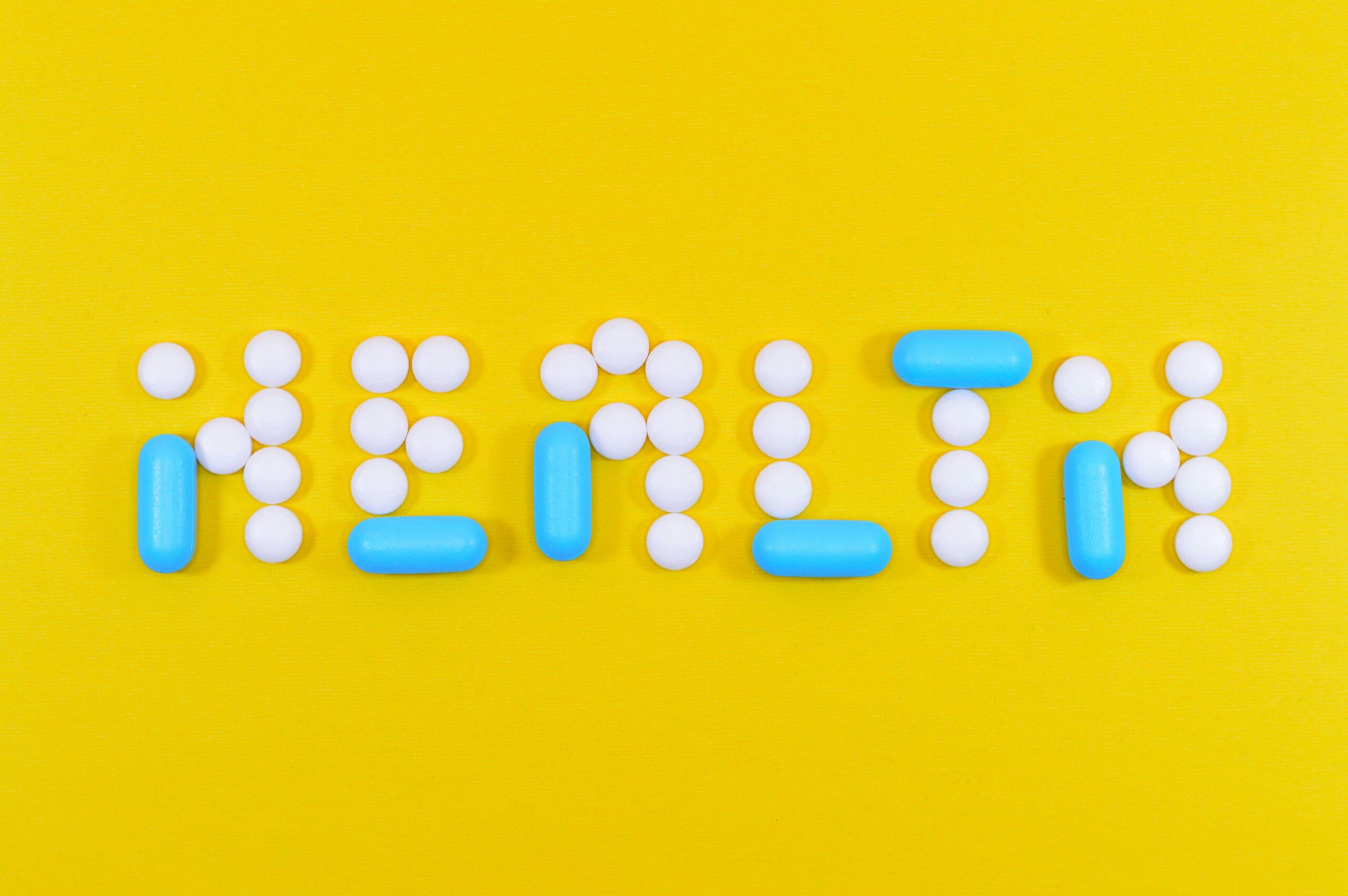
In the era of digital transformation, the healthcare sector is increasingly focusing on the security and interoperability of electronic health records (EHRs). One promising solution to these challenges is blockchain technology. By providing a decentralized and immutable ledger, blockchain can significantly enhance the security, privacy, and interoperability of medical records, transforming the way healthcare data is managed and shared.
The Problem with Current Medical Records
Medical records are critical for providing high-quality care, yet the current systems for managing them are fraught with issues. Traditional EHR systems are often siloed, making it difficult for healthcare providers to access complete patient information. This lack of interoperability can lead to errors, delays in treatment, and increased healthcare costs. Additionally, these centralized systems are vulnerable to data breaches, posing significant risks to patient privacy and security.
Blockchain: A New Hope for Healthcare Data
Blockchain technology, best known for underpinning cryptocurrencies like Bitcoin, offers a new approach to managing medical records. Here’s how blockchain can address the key issues of security and interoperability:
1. Enhanced Security
Blockchain’s decentralized nature means that no single entity controls the entire system. Instead, data is stored across a network of computers, making it much harder for hackers to access and manipulate. Each record added to the blockchain is encrypted and linked to the previous record, creating a chain of data blocks that are immutable and tamper-proof. This ensures that medical records are secure and cannot be altered without detection.
2. Improved Privacy
Blockchain can enhance patient privacy through cryptographic techniques. Patients can have control over their own data, deciding who can access it and for how long. This consent-driven model ensures that personal health information is shared only with authorized parties, reducing the risk of unauthorized access and misuse.
3. Interoperability and Data Sharing
One of the most significant advantages of blockchain is its ability to facilitate interoperability among disparate EHR systems. Blockchain can act as a universal data layer that connects different healthcare providers, enabling seamless data exchange. Smart contracts, self-executing contracts with the terms of the agreement directly written into code, can automate data sharing processes, ensuring that patient information is shared accurately and efficiently.
Real-World Applications of Blockchain in Healthcare
Several projects and initiatives are already exploring the potential of blockchain in healthcare:
1. MedRec
Developed by MIT, MedRec is a blockchain-based system designed to manage medical records. It aims to create a decentralized record management system that is secure, transparent, and accessible. MedRec uses blockchain to provide patients with a comprehensive view of their medical history, regardless of where the records are stored.
2. Medicalchain
Medicalchain leverages blockchain technology to create a secure platform for health records. It allows patients to grant healthcare professionals access to their medical data, ensuring that providers have the information they need to deliver accurate and timely care. Medicalchain also supports telemedicine consultations, where doctors can securely review patient records and provide advice remotely.
3. Blockchain Health
This initiative uses blockchain to improve the security and interoperability of health data. By creating a decentralized network for EHRs, Blockchain Health aims to reduce administrative costs, enhance patient care, and protect sensitive information from breaches and cyberattacks.
Challenges and Future Directions
While blockchain holds great promise for revolutionizing medical records, there are several challenges to its widespread adoption:
1. Scalability
Blockchain networks need to be able to handle large volumes of data efficiently. Current blockchain technologies face scalability issues, which need to be addressed to ensure they can support the vast amounts of healthcare data generated daily.
2. Regulatory Compliance
Healthcare is a highly regulated industry, and any new technology must comply with regulations such as HIPAA in the United States. Ensuring that blockchain solutions meet these regulatory requirements is essential for their adoption.
3. Integration with Existing Systems
Integrating blockchain with existing EHR systems can be complex and costly. Healthcare providers need to invest in new infrastructure and training to successfully implement blockchain solutions.
Despite these challenges, the potential benefits of blockchain for medical records are significant. By enhancing security, improving privacy, and facilitating interoperability, blockchain can transform healthcare data management, leading to better patient outcomes and more efficient healthcare systems.
In conclusion, blockchain technology offers a promising solution to the challenges of managing medical records. As the technology matures and overcomes current limitations, it has the potential to become a cornerstone of secure and interoperable healthcare data systems, ultimately revolutionizing the way healthcare is delivered and experienced.